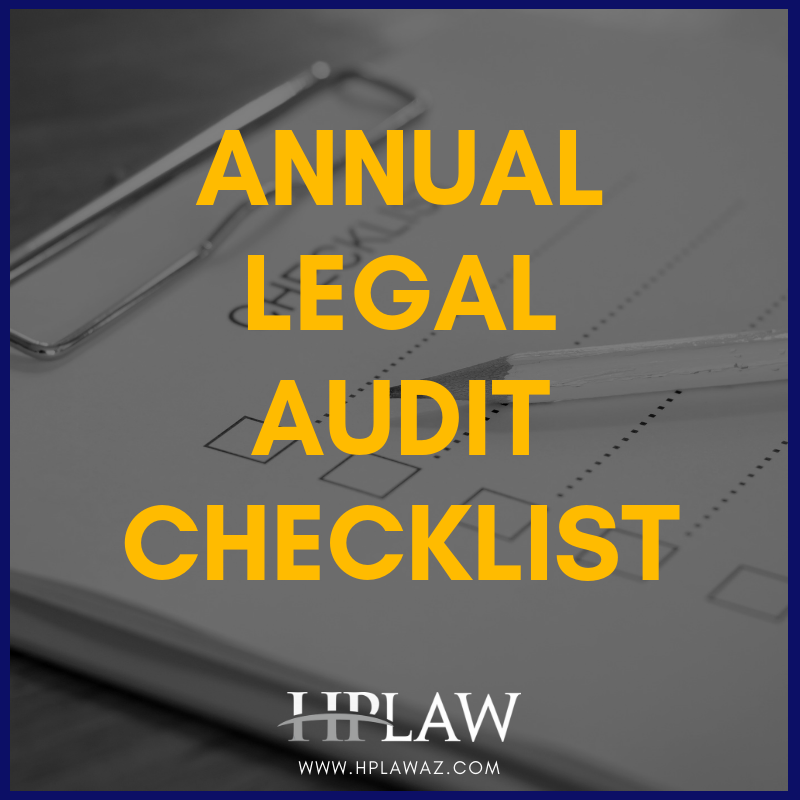FAQ’s
What is intestate succession? What happens if I die without a will or a trust? When a person dies without a will in place, that person dies “intestate” and their estate (real and personal property) must be handled through a court supervised process called “probate”. The Court will then follow that states “intestate” laws in determining who gets what. One of your family members will have to file the probate with the local court and the legal fees and court costs, taxes and debts will be paid out of your estate prior to anyone receiving anything. Items that you may have wanted to go to a particular person (wedding rings to children or grandchildren) will most likely be sold for market value and the revenue then distributed with the other estate assets. At what time in my life should I make out a will and start estate planning? Having a will becomes very important when a person is married, has children, owns any real estate, owns a business, or has assets that they have acquired. Ideally, anyone who has become an adult should have at least a simple estate plan. An estate plan determines how you are taken care of if you become incapacitated or disabled, and then determines how your property is distributed after you pass away. Whether or not to have a Trust is based on many factors that should be discussed with an attorney. Family composition, levels of assets, probate avoidance, goals, fears, and values all determine what type of estate plan you should have. Take advantage of a no-fee consultation with an estate planning attorney to determine the best course of action. Should I worry about Estate Taxes? In 2024, there is a federal estate tax and gift tax exemption of $13.61 million per person, and it doubles to $27.22 Million for married couples who die during the year. Before gift or estate tax is paid, the sum of all reportable gifts given during life, plus the value of all property left to heirs at death, must exceed these levels. As a result, less than 0.07% of taxpayers (less than 1 out of every 1,400 taxpayers) will pay any federal estate or gift tax. While very few of us will worry about gift or estate taxes, other taxes such as income tax and capital gains tax can affect inherited assets. Accordingly, your estate plan should work to minimize these taxes and educate your heirs on whether they may be facing any significant tax burden. This high exemption amount will be reduced by half in January of 2026. We do not know what the exact exemption will be on January 1, 2026, but it is estimated to be approximately $7 Million per person, or about $14 Million for married couples. This still is an exemption that will affect very few families in America. What is the difference between community property and separate property? Community property is a concept that applies to residents of Community Property States, including Arizona. The rule of thumb is that all assets and debts that are acquired during the marriage are evenly shared as community property and community debt. Exceptions include gifts and inheritances received by one spouse, which can be kept as separate property. Any property acquired prior to marriage that is maintained separate during the marriage can remain separate property of that spouse. Separate property are assets, including gifts and inheritances that were obtained prior to marriage or given to only one spouse. Care must be taken to not co-mingle separate property, thereby converting it into community property. What is the difference between a Revocable Living Trust and an Irrevocable Trust? An irrevocable trust is a trust where the grantor gives up a significant level of discretion and control over the trust property placed into trust. Irrevocable trusts are difficult to modify once created. Often, placing assets into an irrevocable trust has the effect of removing assets from one’s estate. This can have several advantages when planning for taxes, for funding long term care costs, for charitable giving, and for many other purposes. me expenses. Irrevocable trusts can-not be amended or altered after they have been signed. A Revocable Living Trust (RLT) can be freely changed or revoked and therefore allows a person to remain in control of their property until they become incapacitated or pass away. At the time of incapacity or death, the RLT becomes an “irrevocable trust”. What kind of property is subject to the probate process? Your estate can be divided into a “probate estate” and a “non-probate estate”. The assets that remain in your probate estate depend on how they are titled or owned. A jointly owned asset with “rights of survivorship” passes to the surviving spouse outside of probate on the first death, but not on the second. Assets held in the personal name of a single individual are usually part of the probate estate. Other assets that are not subject to probate are those that are held in a trust, have living beneficiaries designated, or have “Pay on Death” or “Transfer on Death” instructions. Most financial institutions allow for these types of designations in order to avoid probate. For proper Estate Planning assistance, please be prepared to answer the following questions at the time of your consultation.



